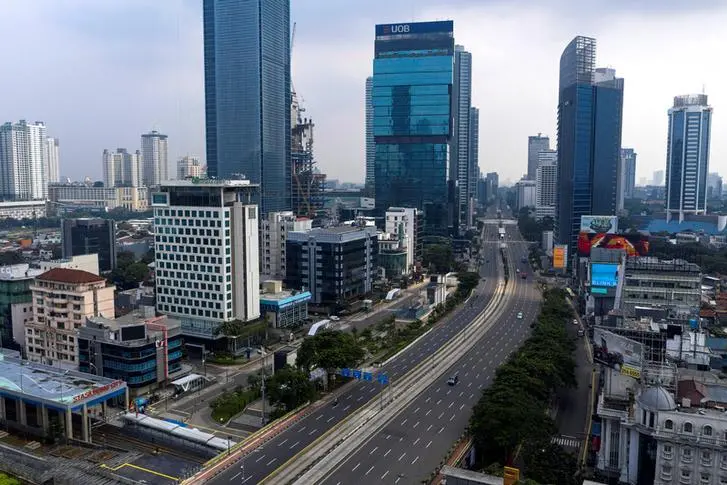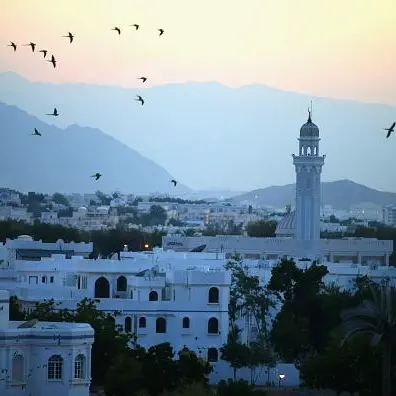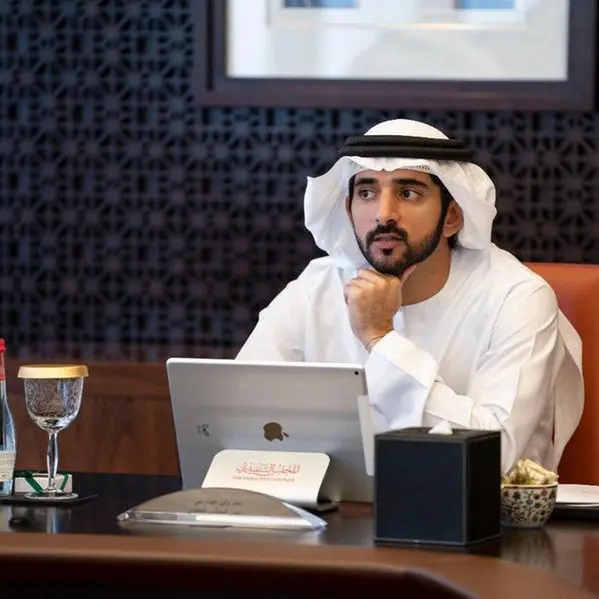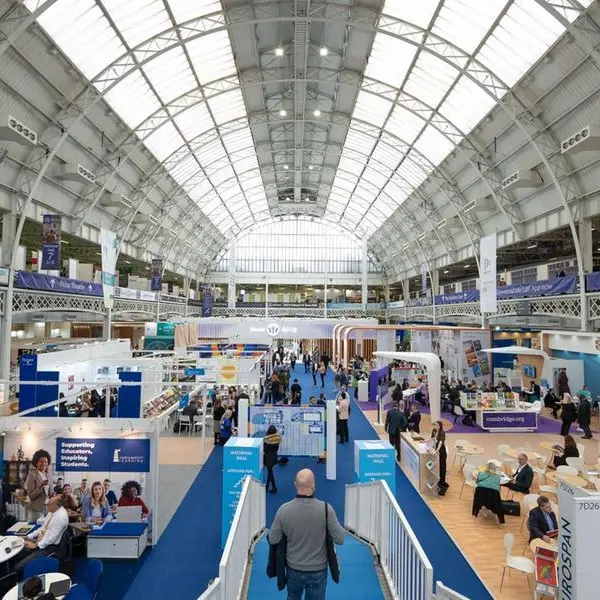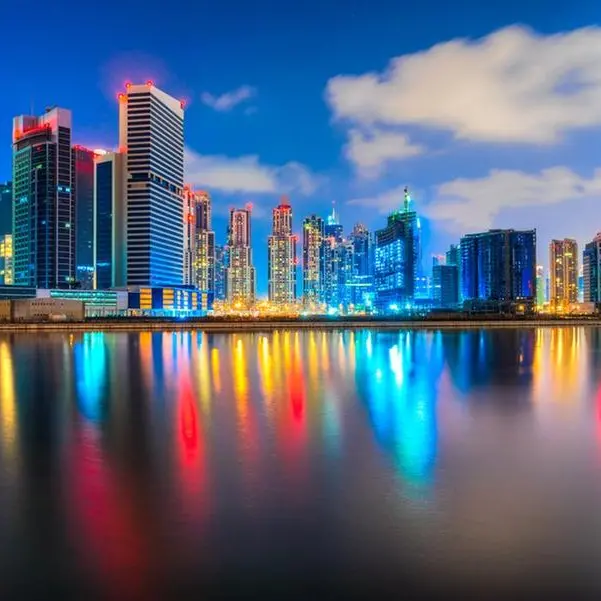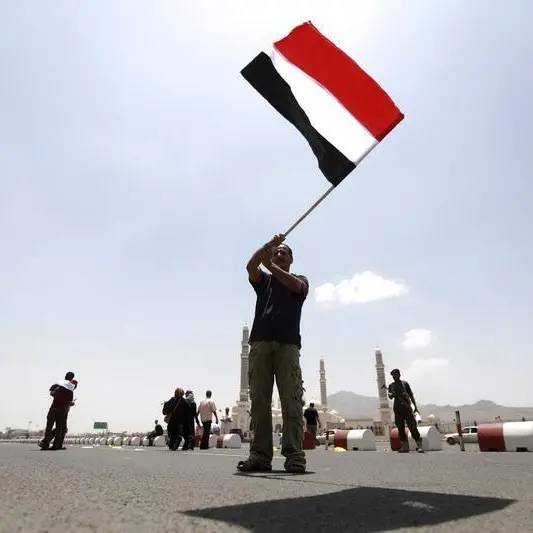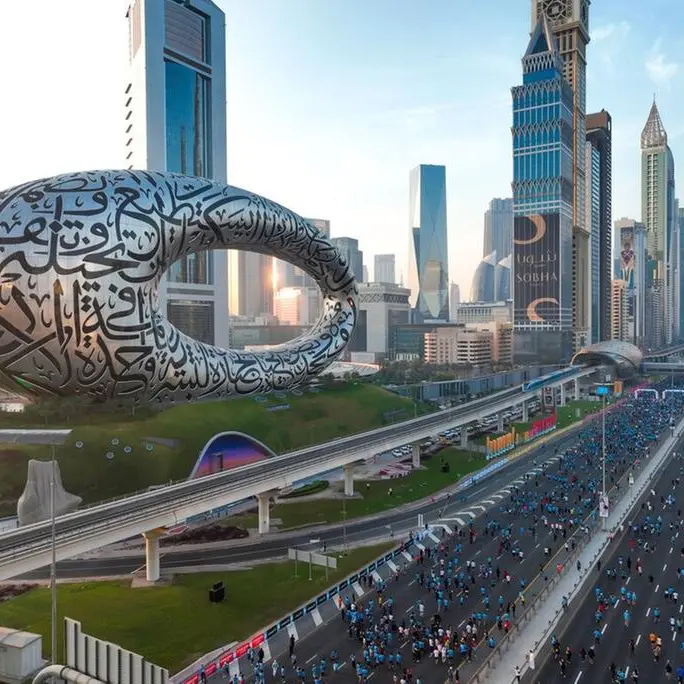PHOTO
Jakarta (ANTARA) - An official from the Ministry of Religious Affairs expressed optimism that the halal ecosystem in Indonesia would become one of the engines of national economic growth to realize the vision of an advanced Indonesia.
"We are optimistic that the halal industry and ecosystem would become one of the core engines of economic growth," Head of the Religious Affairs Ministry's Halal Product Assurance Agency (BPJPH), Aqil Irham, noted in a written statement on Wednesday.
This aspiration aligns with President Joko Widodo's target to realize Indonesia as a global hub for the halal industry by 2024, Irham noted.
Irham believes that the efforts to realize these achievements were far from easy. However, he ensured that the target can be achieved through synergy among all stakeholders.
"Hence, a clear and targeted program is needed along with concrete actions to realize the halal ecosystem chain in Indonesia," he noted.
Regulatory mandates, such as Law Number 33 of 2014 on Halal Product Guarantee (JPH), Law Number 11 of 2020 on Job Creation, and Government Regulation Number 39 of 2021 on the implementation of the Halal Product Assurance Sector, have brought major changes related to policies and implementation of halal products in Indonesia, Irham affirmed.
These three regulations had shifted halal certification requirements, from voluntary to mandatory, he pointed out.
"These changes are relevant to the development of the halal ecosystem that has transformed into a broad ecosystem and becomes one of the world's concerns since it has a large market and promising value," Irham stated.
The BPJPH has received several requests for cooperation from governments and non-governmental organizations around the world.
The halal ecosystem is not only developing in Muslim countries, such as Indonesia, but also in various nations in the world. Thus, the distribution of halal industries and products is also growing in Muslim-minority countries.
"This is because apart from being a form of religious obedience, halal is also a standardization that concerns safety, health, wholeness, cleanliness, humanity, goodness, and sustainability that are the characteristics of what is called modern civilization and global standard quality assurance," he added.
Copyright © 2022 ANTARA NEWS Provided by SyndiGate Media Inc. (Syndigate.info).
